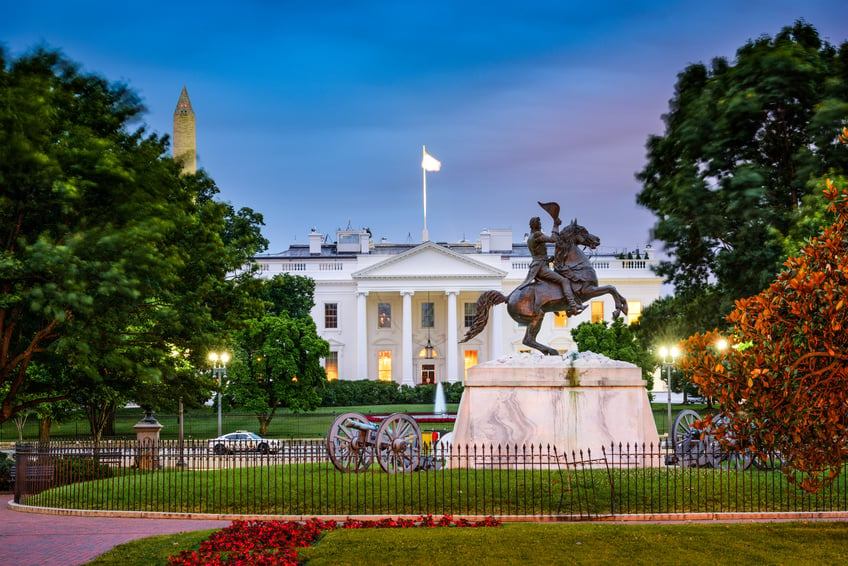CCCS publishes study on e-commerce platforms and updates guidelines
CCCS issues Guidelines on Price Transparency
CCCS issues COVID-19 guidance on collaborations for supply of essentials
CCCS ends probe into online food delivery and virtual kitchen sectors
In part one of our global video series on employee mobility in the current environment, our attorneys discuss the challenges of employee travel into and out of the US and Canada during the upcoming holiday season. We cover immigration complications due to COVID-19, including travel restrictions, flight restrictions, and consular closures, and provide practical actions in-house counsel and HR executives can take now to protect your employee populations.
The increase in legal and regulatory measures arising out of COVID-19 is truly proportional to the growth of the pandemic itself. Although the measures affect all industries, many of these have direct implications and relevance on the healthcare and life sciences sectors. While some industries and services are forced to shut down, companies in the healthcare and life sciences ambit are pushed to work even harder, innovate faster, collaborate and be resilient at an unprecedented pace.
Such measures aim to assure supplies of medicines and medical devices at home as well as to accelerate R&D through incentives. While the pandemic has put some clinical trials in jeopardy, many jurisdictions are now passing special regulations to protect patients while ensuring that ongoing trials can continue. Industry peers are “sharing” IP, be it through compulsory licensing or forced collaborative manufacturing arrangements. Many countries have adopted specific measures to broaden access to telemedicine, a trend expected to survive and grow well beyond the pandemic.
A recent study co-led by the London School of Hygiene & Tropical Medicine (the “Study”) has suggested that exposure to COVID-19 vaccine related misinformation could negatively impact the public’s willingness to undergo vaccination.
The Department of Labor and Employment (DOLE), the Department of Trade and Industry (DTI), and the Department of the Interior and Local Government (DILG) issued Joint Advisory No. 20-01, Series of 2020, or the “Implementation of New Policy Directions as the Country’s Policy Shifts from Total Risk Avoidance to Risk Management and on the Further Re-opening of the Economy” (Joint Advisory).
As COVID-19 rapidly spreads to every corner of the globe and is officially declared a pandemic, governments across the world are adopting emergency measures to fight against this extraordinary situation. Ultimately, all these measures are aimed at protecting the health and wellbeing of citizens. However, on the healthcare and life sciences front in particular, such measures range from intervention powers to guarantee adequate supplies of treatment and medical equipment, to the relaxation of deadlines and regulatory requirements to simplify administrative procedures wherever possible, so that competent authorities, manufacturers and other actors can focus on urgent priorities related to the COVID-19 crisis.
In brief On 22 October 2020, the FDA approved the anti-viral drug Veklury (remdesivir) for hospitalized COVID-19 patients, making it the first drug to receive approval for the treatment of COVID-19. Before approving this drug, the FDA issued an Emergency Use Authorization for the use of Veklury in COVID-19 treatment. We will…
Argentina is set to join with a new law the list of countries that have approved regulations to favor and accelerate the research, development and acquisition of Covid-19 vaccines. In a recent law approved by the Senate (which has yet to be promulgated by the President), broad and exceptional powers have been granted to the National Executive Power (the “Executive”) to negotiate the expedited purchase of such vaccines. The law authorizes to extend jurisdiction in favor of foreign judicial and arbitration tribunals and to agree to indemnities in favor of the entities that have developed or that sell the vaccines to the Executive. In addition, an exceptional procedure for the emergency regulatory approval of such vaccines was enacted.
In brief Overview Zareenah Rasool, Candidate Attorney, Rui Lopes, Associate, and Darryl Bernstein, Partner and Head of the…
As the COVID-19 outbreak continues to create deep concerns on its impact on the health of citizens and disruption to businesses, the Italian Government has reacted with a new package of tax measures reflected in two decrees already issued and another one published today in the Italian Official Gazette that will be further commented in a separate Alert.



